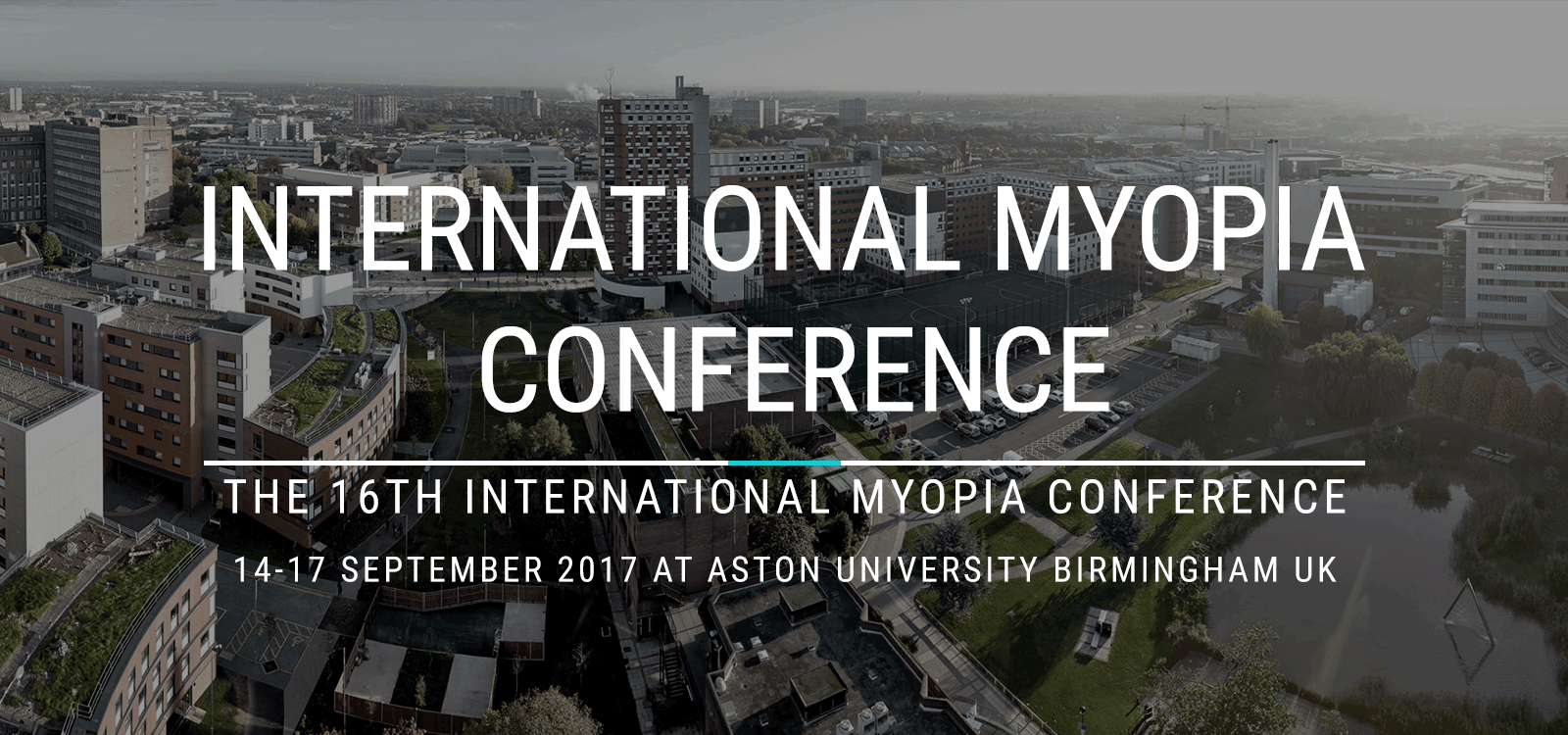We have been following Nick's progress since he won our McDonald Adams Science Scholarship in 2013 in his final year at Mahurangi College. He succeeded in gaining entry to the Optometry course at Auckland University and Nick has one year left to complete his degree.
Nick recently attended the International Myopia Conference in Birmingham to present the results of his research. The project was titled "Effect of Atropine on Human Multifocal Electroretinogram Responses to Defocus."
Myopia (short-sightedness) is a growing epidemic across the globe. It is predicted that 50% of the world’s population will be myopic by 2050. The optometric community has employed several strategies to slow progression of myopia - myopia control.
One myopia control option is Atropine eye drops. Atropine usually acts as a muscarinic receptor blocker, forcing the eye's focussing system to relax. Its mechanism of slowing myopia progression is not known.
Previous studies have shown electrical responses from the retina. Nick's study measured these to find out if this is where atropine is acting.
Compared to eyes with clear focus (know as emmetropia) positive defocus increases the signal; negative defocus decreases the signal. A positive defocus is protective against myopia progression; negative defocus accelerates myopia progression.
This study found atropine to enhance only the positive (protective) component of this electrical response in the peripheral retina. Although a full model is still not able to be formed, this finding is very interesting and fits in well with other literature presented at the International Myopia Conference.
Nick's scientific poster presented at the International Myopia Conference (Birmingham, 2017) by Nick Lee, Safal Khanal, Phillip Turnbull and John Phillips. For more information please contact: nlee785@aucklanduni.ac.nz.







